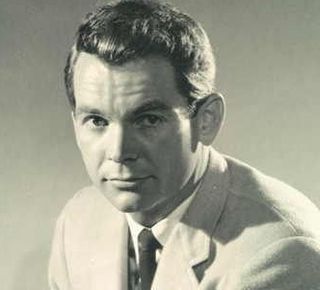A Quote by Arthur Erickson
I plead for conservation of human culture, which is much more fragile than nature herself. We needn't destroy other cultures with the force of our own.
Related Quotes
Understanding human nature must be the basis of any real improvement in human life. Science has done wonders in mastering the laws of the physical world, but our own nature is much less understood, as yet, than the nature of stars and electrons. When science learns to understand human nature, it will be able to bring a happiness into our lives which machines and the physical sciences have failed to create.
Its [the anthropological method] power to make us understand the roots from which our civilization has sprung, that it impresses us with the relative value of all forms of culture, and thus serves as a check to an exaggerated valuation of the standpoint of our own period, which we are only too liable to consider the ultimate goal of human evolution, thus depriving ourselves of the benefits to be gained from the teachings of other cultures and hindering an objective criticism of our own work.
Much of the rest of the world has already learned some English. They pretty much understand the American way of doing things, because our culture has been ubiquitous and has been the 500-pound gorilla in the global economy. But the world is far more interrelated than ever before, and no one culture can thrive without the knowledge of how to function in other cultures.
One thing I found very interesting about comedians around the world was their knowledge of stuff outside of their own culture and comfort zone. That's not very common in the States. We produce our own soft power, which is pop culture, but we rarely try to absorb and learn information from other cultures and countries.
An observer will see the bizarre developments of behavior only in alien cultures, not his own. Nevertheless this is obviously a local and temporary bias. There is no reason to suppose that any one culture has seized upon an eternal sanity and will stand in history as a solitary solution of the human problem. Even the next generation knows better. Our only scientific course is to consider our own culture, so far as we are able, as one example among innumerable others of the variant configurations of human culture.
A first grader should understand that her or his culture isn't a rational invention; that there are thousands of other cultures and they all work pretty well; that all cultures function on faith rather than truth; that there are lots of alternatives to our own society...Cultural relativity is defensible, attractive. It's a source of hope. It means we don't have to continue this way if we don't like it.
Today the human race is a single twig on the tree of life, a single species on a single planet. Our condition can thus only be described as extremely fragile, endangered by forces of nature currently beyond our control, our own mistakes, and other branches of the wildly blossoming tree itself. Looked at this way, we can then pose the question of the future of humanity on Earth, in the solar system, and in the galaxy from the standpoint of both evolutionary biology and human nature. The conclusion is straightforward: Our choice is to grow, branch, spread and develop, or stagnate and die.
Man is incomprehensible without Nature and Nature is incomprehensible apart from man. For the delicate loveliness of the flower is as much in the human eye as in its own fragile petals and in the splendor of the heavens as much in the imagination that kindles at the touch of their glory as in the shining of countless worlds.
The study of letters is the study of the operation of human force, of human freedom and activity; the study of nature is the study of the operation of non-human forces, of human limitation and passivity. The contemplation of human force and activity tends naturally to heighten our own force and activity; the contemplation of human limits and passivity tends rather to check it. Therefore the men who have had the humanistic training have played, and yet play, so prominent a part in human affairs, in spite of their prodigious ignorance of the universe.







































